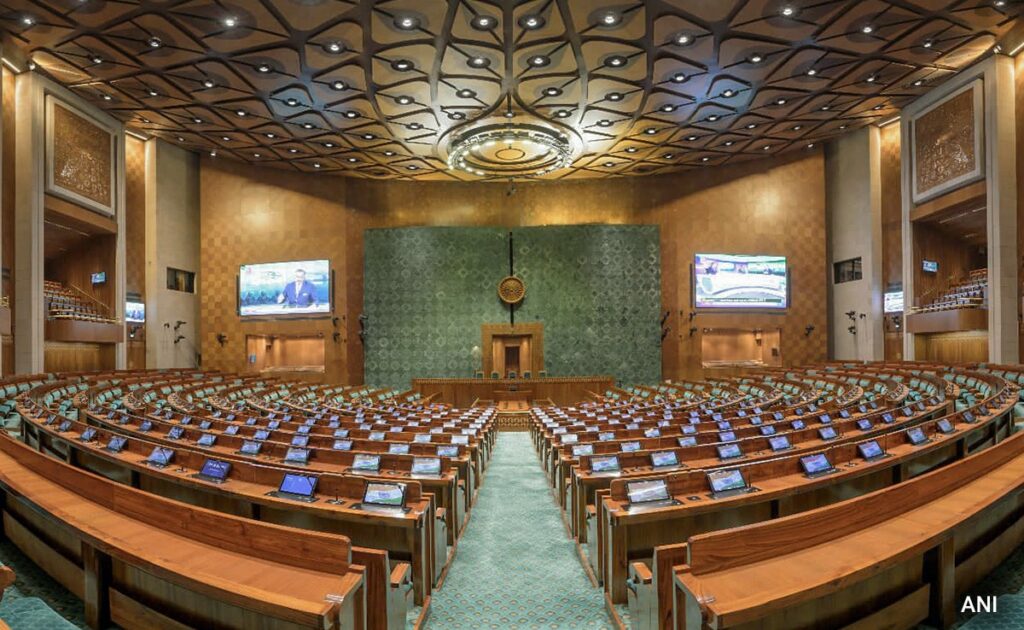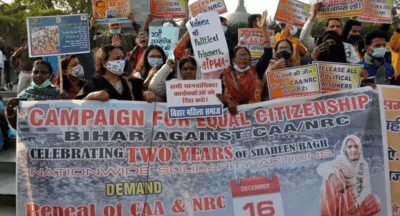The strength of Bharatiya Janata Party (BJP) in the Rajya Sabha has fallen to 86, affecting NDA’s legislative leverage. With other partners included, the strength increases to only 101.This has significant implications for the passage of contentious legislation through the upper house.
With the BJP’s reduced tally, the NDA’s ability to secure a majority in the Rajya Sabha becomes more challenging. The current composition underscores a shift in the parliamentary dynamics, necessitating increased collaboration with allied parties and independents to muster support for crucial bills.
The diminished numbers for the BJP could potentially stall the swift passage of bills that require a simple majority or special approval in the Rajya Sabha. This includes legislation that has sparked debate and controversy, ranging from economic reforms to social policies.
Political analysts suggest that the BJP and its allies may face heightened resistance from opposition parties, emboldened by the numerical changes. The opposition’s ability to influence debates and legislative outcomes is expected to strengthen, posing a formidable challenge to the government’s legislative agenda.
In response to the altered parliamentary arithmetic, the BJP-led NDA is likely to recalibrate its strategies for consensus-building and coalition management. Efforts to negotiate alliances and secure support from regional parties and independents are anticipated to intensify in the coming sessions of Parliament.
The composition of the Rajya Sabha, where members are elected by state legislatures and nominated by the President, plays a pivotal role in shaping India’s legislative landscape. The current distribution of seats underscores the complexities of coalition politics and the importance of strategic alliances in achieving legislative objectives.
As the BJP adjusts to its reduced strength in the Rajya Sabha, the dynamics of parliamentary proceedings are expected to witness increased deliberation and negotiation. The ability to navigate through diverse political interests and ideological differences will be crucial for the government in advancing its policy agenda.
The evolving scenario in the Rajya Sabha reflects broader trends in Indian politics, where coalition dynamics and parliamentary arithmetic influence the formulation and implementation of national policies. The coming sessions will test the NDA’s ability to harness support across party lines while addressing the diverse concerns and priorities of stakeholders.
With the BJP’s parliamentary strength at a historic low in the Rajya Sabha, the upcoming legislative sessions promise to be pivotal in shaping the course of governance and policy-making in the upper house.





 Maverick Bengali Writer Badal Sircar Revolutionised Content Of Indian Dramas
Maverick Bengali Writer Badal Sircar Revolutionised Content Of Indian Dramas 